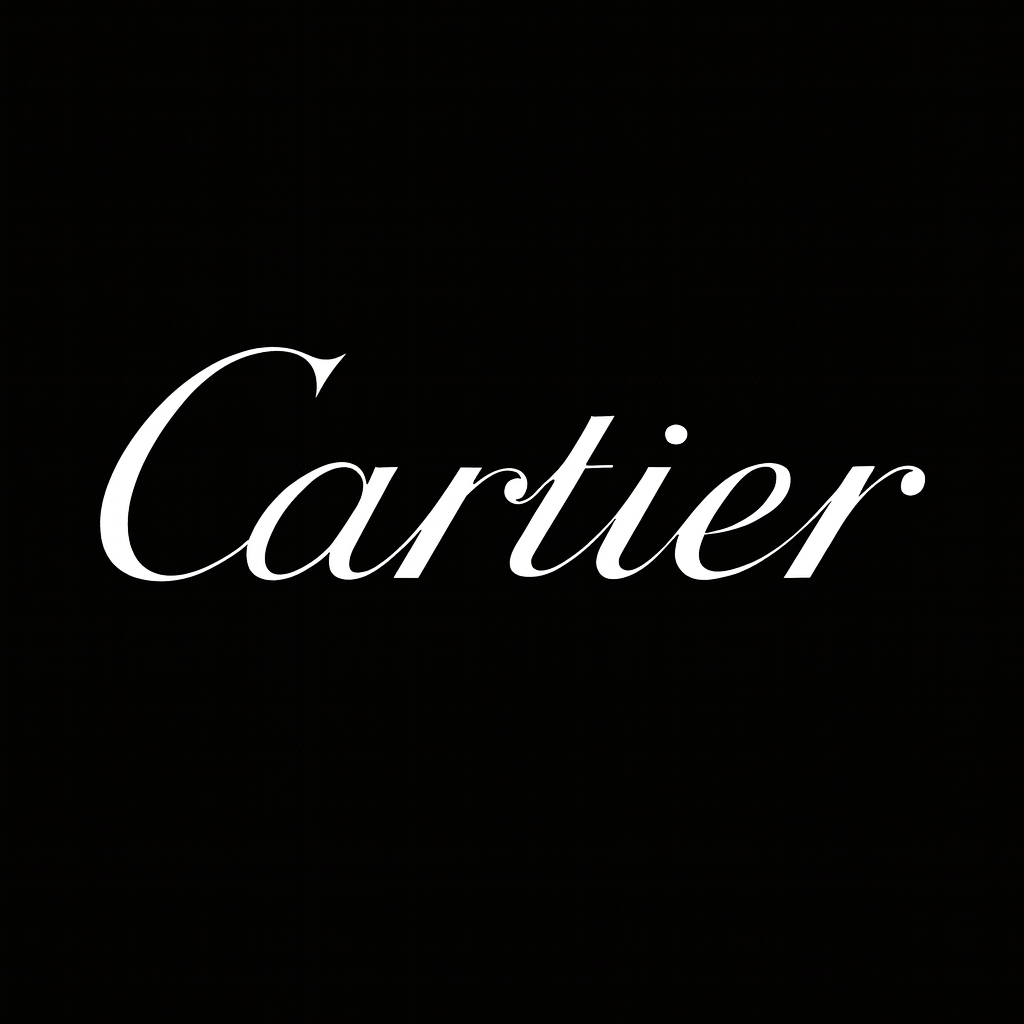
BATNA
Most scholars and experts in the field of negotiation believe that analyzing alternatives is one of the very first and most important steps in planning for any negotiation. However, we should keep in mind that BATNA is not quite the same with other Alternatives. BATNA means Best Alternative to a Negotiated Agreement, so BATNA is the best, strongest and most similar to your current option (if not better) alternative that you can rely on.
You should always have the answer to this crucial question:
If I don’t reach an agreement here, what’s my next option?
If your BATNA isn’t strong or attractive enough, several things can happen:
- The other side might sense your weakness and exploit it.
- You might feel forced to give away too many concessions.
- You might accept offers that aren’t truly in your best interest.
- You could end up wasting time, energy, and resources when you should have walked away sooner.
On the other hand, having a clear and strong BATNA changes everything. It gives you more confidence, more options, and a solid backup if the current negotiation doesn’t work out.
That’s why good negotiators never design their strategies without first knowing their BATNA. Without it, you can’t analyze or plan effectively.
It's simple: If the deal is worse than your BATNA, you should walk away!
Here are five key points about BATNA I've pulled from Fisher and Ury’s Getting to Yes:
- BATNA is your true source of power:
- Power in negotiation doesn’t come from aggression or clever tactics; it comes from having strong alternatives.
- The better your BATNA, the less dependent you are on the other side’s will.
- Power in negotiation doesn’t come from aggression or clever tactics; it comes from having strong alternatives.
- Always try to improve your BATNA before negotiating:
- Smart negotiators don’t just identify their BATNA, they actively work to strengthen it before entering the negotiation room.
- Smart negotiators don’t just identify their BATNA, they actively work to strengthen it before entering the negotiation room.
- Try to understand the other side’s BATNA:
- Negotiation is a two-way street. If you know what alternatives the other side has, you can better gauge how flexible they’ll be, how much pressure they feel, and what strategies may work.
- Negotiation is a two-way street. If you know what alternatives the other side has, you can better gauge how flexible they’ll be, how much pressure they feel, and what strategies may work.
- Don’t disclose your BATNA too early (unless it’s very strong):
- If your BATNA is weak, keeping it private is wise.
- If it’s strong, carefully revealing it at the right time can shift the balance of power in your favor.
- If your BATNA is weak, keeping it private is wise.
- BATNA is not about threats, it’s about clarity:
- Some people misuse BATNA as a way to threaten the other party (“If you don’t accept, I’ll just walk away”). Fisher & Ury stress that BATNA isn’t a weapon; it’s your internal compass for making wise choices.
By
March 10, 2024
.png)
.png)



